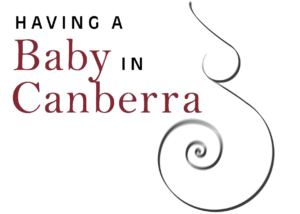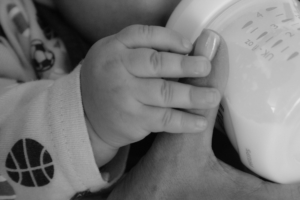Formula feeding
Choosing how you feed your baby is one of the most important decisions you will make as a new parent. It is a good idea to start thinking about this early in your pregnancy so you are prepared when your baby arrives. Whilst experts recommend babies be exclusively breastfed for the first six months of their life, some women cannot or chose not to breastfeed for various reasons. Regardless of whether you choose to breastfeed, formula feed or a combination of both, it is important to remember that you have made these decisions based on what is right for you and your baby.
It can be difficult to find reliable, non-biased, non-judgemental information that is free from commercial influence to support you when investigating formula feeding your baby. It is a good idea to speak with your GP, MACH Nurse or Lactation Consultant about your thoughts and feelings to help you make an informed decision about how to feed your baby.
If you choose not to or cannot breastfeed your baby or have to stop breastfeeding temporarily, commercial infant formula is the only safe alternative for the first 12 months of your baby’s life. Commercial infant formulas have been developed to be similar (but not identical) to human breastmilk with a similar nutrient profile in terms of protein, fats, carbohydrates, vitamins and minerals. Although infant formulas are different from breastmilk, so long as you carefully follow preparation instructions you can be sure your baby is receiving adequate nutrition.
For more information;
World Health Organization – How to prepare formula for bottle-feeding at home
Australian Breastfeeding Association – Guide to feeding your baby formula
Australian Breastfeeding Association – Mixed feeding
Raising Children Network – Baby nutrition – bottle feeding
Pregnancy Birth & Baby – Feeding your baby – what are your options?
Sources: (Pregnancy Birth & Baby) (Better Health Channel)


